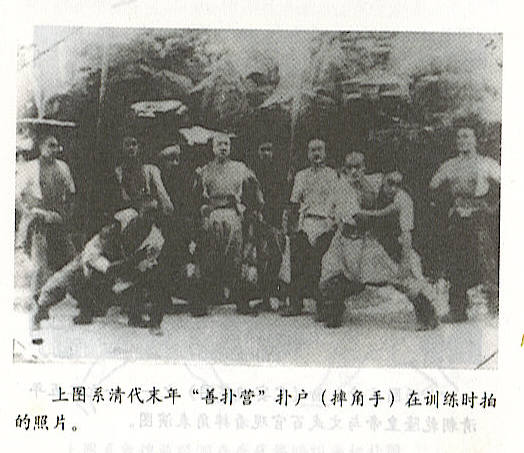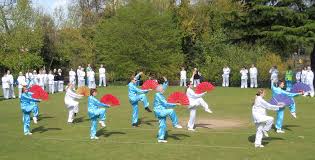Steve
Mostly Harmless
I’ve read a few comments here and there suggesting that mma incorporates boxing, wrestling, and similar arts because they’re quicker to learn. While I would point out that it still takes between 8 and 10years to earn a black belt in BJJ, which is a pillar of mma, I would agree that, in general, the average student acquires usable, functional skill much faster. I believe this is because of the way it’s trained.
I propose that If you applied a competitive training model to any style, you would learn it faster. Any style. Budo taijutsu. Wing chun, aikido. What do you think?
I propose that If you applied a competitive training model to any style, you would learn it faster. Any style. Budo taijutsu. Wing chun, aikido. What do you think?


